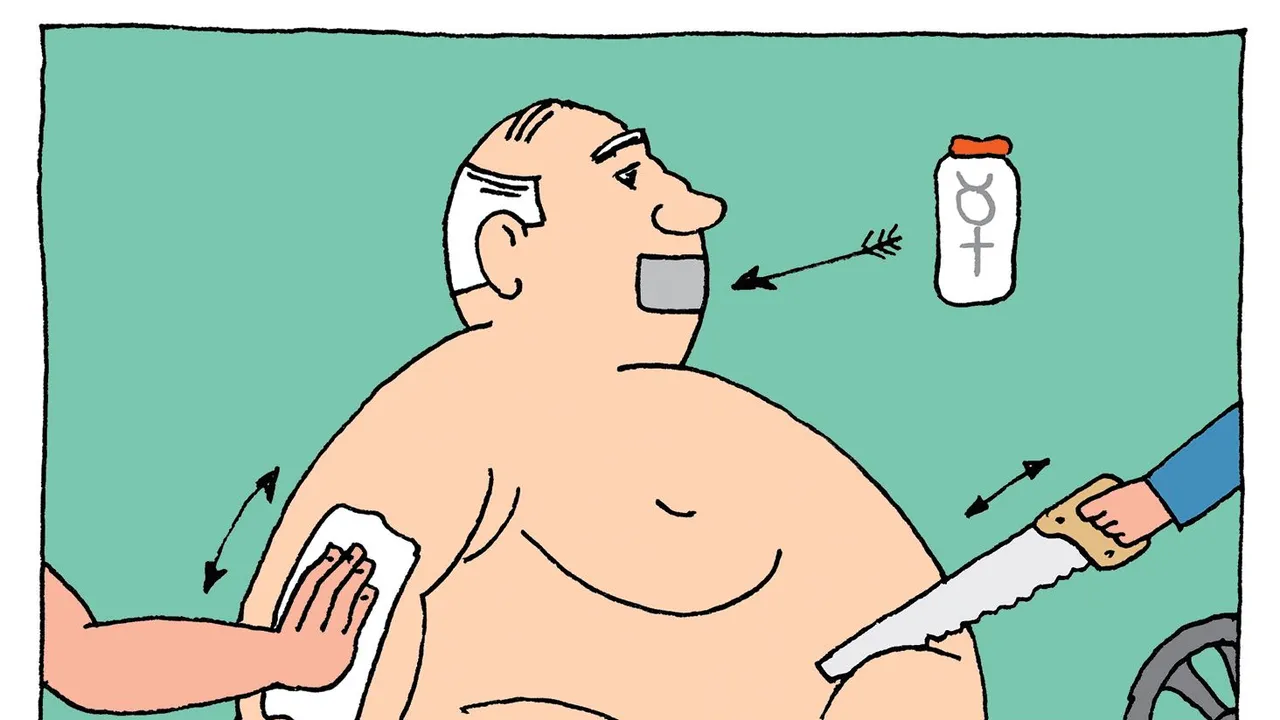Dental insurance can be a valuable tool for maintaining oral health and reducing out-of-pocket expenses. However, to get the most out of your plan, it’s important to understand how to maximize your benefits throughout the year. Whether you have dental insurance in New York or elsewhere, using your benefits wisely can lead to better dental health and cost savings.
Many people neglect to make the essential visits or are ignorant of the full benefits of their dental insurance. According to the American Dental Association, preventive dental care can reduce overall medical expenses and enhance long-term health outcomes. This post will give you thorough advice and methods to help you get the most out of your dental insurance.
Understanding Your Dental Insurance Plan
It is critical to comprehend the specifics of your plan before attempting to optimize the benefits of your dental insurance. To find out what is and is not covered, check the policy paperwork or contact your insurance company. Learn the meaning of important terminology, including yearly maximums, co-pays, deductibles, and any plan-specific coverage limitations.
By being aware of these facts, you can prevent unforeseen costs and make well-informed decisions regarding your dental treatment. For example, different coverage amounts are provided by some plans for dentists who are in their network and those who are not. Selecting an in-network dentist can frequently result in a considerable decrease in your out-of-pocket expenses. To ensure you get the most out of your coverage, knowing the benefits of your plan can also help you prioritize which treatments to schedule first.
Schedule Regular Dental Check-ups
One of the most effective ways to maximize dental insurance benefits is by scheduling regular check-ups. Most insurance plans cover biannual visits at 100%, which include exams, cleanings, and X-rays. Utilizing these benefits can help catch problems early, saving you money in the long run.
Frequent examinations preserve dental health and enable your dentist to see any possible problems before they worsen and become more costly to fix. For instance, a straightforward filling—which is frequently covered by insurance—can be used to correct a minor cavity found during a routine exam. If that cavity is not filled, it may become more serious and necessitate a root canal or crown, which can be more expensive and not completely covered by insurance.
Prioritize Preventive Care
Preventive care is not only essential for maintaining good oral health but is also often fully covered by dental insurance plans. Brushing, flossing, and using mouthwash regularly are basics that everyone should follow. Additionally, get fluoride treatments or dental sealants if your dentist recommends, as these can prevent cavities and save you money on more extensive treatments.
Insurance plans typically cover preventive measures because they are cost-effective in the long run. Preventive care helps maintain teeth and gums in good condition, reducing the likelihood of needing more expensive procedures. Take advantage of these benefits, as they can spare you both discomfort and financial strain associated with more extensive dental work.
Know What Your Plan Covers
Most dental insurance plans categorize services into preventive, basic, and major care. Knowing what your plan covers within these categories is crucial. For instance, preventive services like cleanings and exams are often fully covered, while basic and major services like fillings, root canals, and crowns may only be partially covered.
By understanding the specifics of your plan, you can better plan your treatments and avoid unexpected costs. It’s beneficial to know the percentage of costs your insurance will cover for each type of service and any limitations or exclusions that may apply. This knowledge allows you to budget for treatments effectively and avoid unexpected expenses.
Take Advantage of All Available Benefits
Some dental insurance plans offer additional benefits you might not be aware of, such as discounts on orthodontic treatments, cosmetic procedures, or even alternative therapies like acupuncture. Review all the benefits your plan provides and use them whenever applicable.
Understanding and utilizing these additional perks can provide more comprehensive care and improve your overall dental health. For example, if your plan offers discounts on orthodontic treatments, you can save significantly on braces or other alignment procedures. Even smaller benefits, such as discounts on certain preventive products, can add up over time and contribute to better oral health.
Keep Track of Your Annual Maximum
Dental insurance plans often have an annual maximum, the maximum amount the insurance will pay in a given year. Keep track of how much you’ve spent and your remaining coverage. This can help you plan any needed treatments before the end of the year to ensure you utilize your benefits fully.
By strategically scheduling treatments throughout the year, you can avoid exceeding your annual maximum and facing higher out-of-pocket costs. For instance, if you know you have a significant procedure coming up, you can plan to complete part of it in one year and part in the next to maximize your benefits. This approach can save you money and help you maintain better dental health.
Use Flexible Spending Accounts
If you can access a Flexible Spending Account (FSA) through your employer, use it to cover any out-of-pocket dental expenses. FSAs allow you to set aside pre-tax dollars for healthcare expenses, including dental costs, which can lead to significant savings.
Plan your FSA contributions based on your anticipated dental expenses for the year. Properly managing this account can help you cover costs not fully paid by your dental insurance, maximizing your overall benefits. For instance, you can use FSA funds for co-pays, deductibles, and other out-of-pocket expenses, reducing your overall financial burden. Remember that FSA funds must typically be used by the end of the plan year, so plan your expenses accordingly to avoid losing unused funds.
Final Thoughts
Maximizing your dental insurance benefits requires understanding your plan, scheduling regular check-ups, prioritizing preventive care, and utilizing additional benefits. By keeping track of your annual maximum and using tools like FSAs, you can reduce out-of-pocket expenses and maintain optimal oral health.
Using these strategies will ensure you get the most value from your dental insurance plan. Regular dental visits, preventive care, and taking advantage of all available benefits will save you money and contribute to better long-term oral health. A healthy smile is well worth the effort, and effectively leveraging your dental insurance benefits can help make it possible. Review your options carefully and select a plan that meets your needs, ensuring you can maintain a healthy and confident smile for years.











